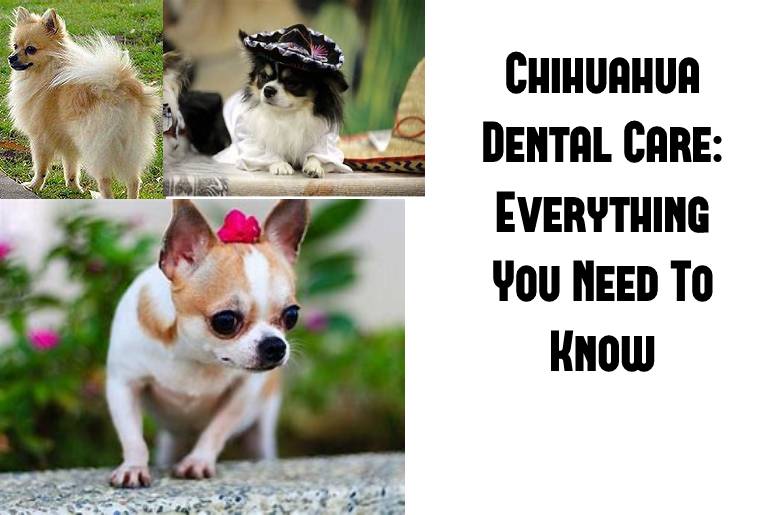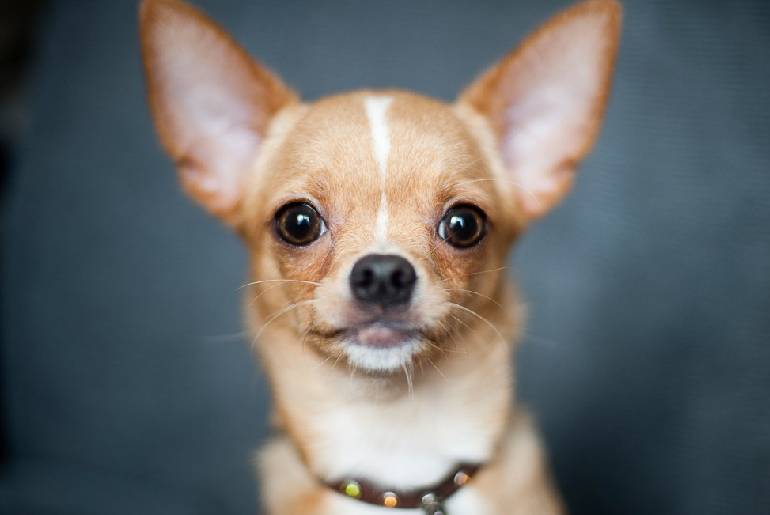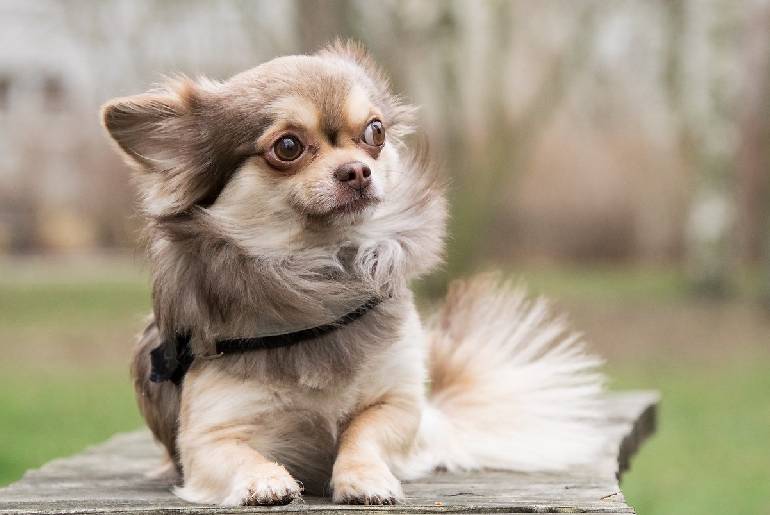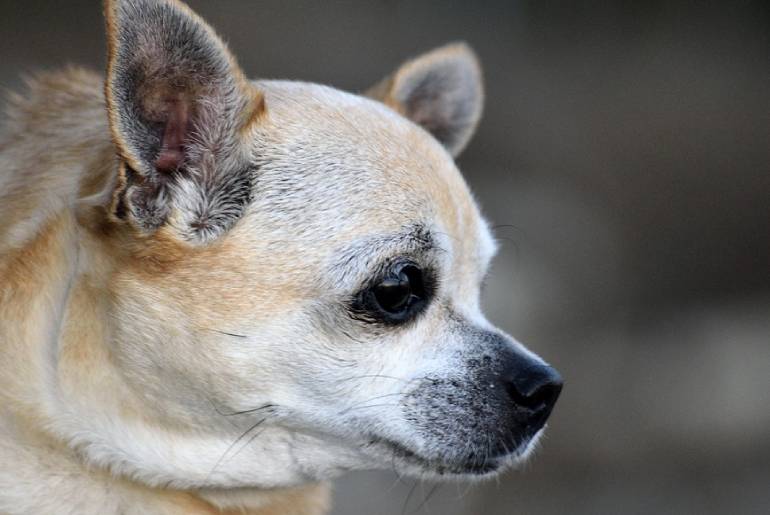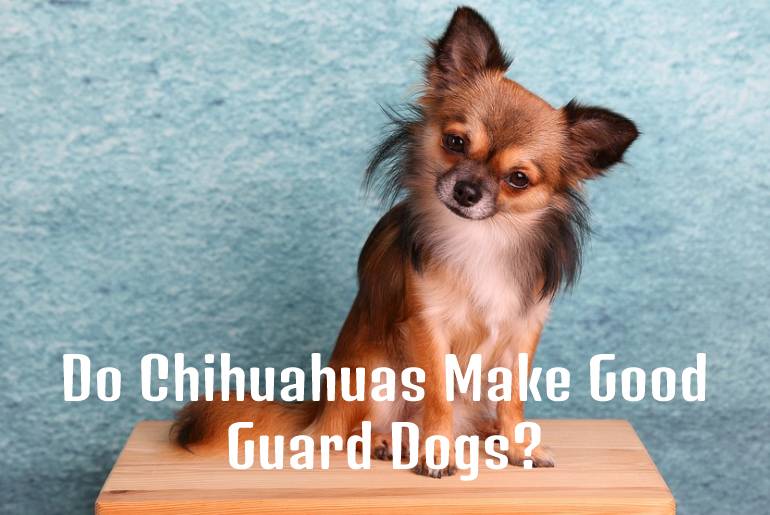Chihuahuas are some of the cutest little dogs in the world, but these pups also go through a hard time in the very beginning years of their life. Teething is a difficult time for both children and dogs. The process of teething means that your little pup will be drooling, chewing on things, and generally having an uncomfortable experience. Sadly, they’re also rather stubborn, making dental care a challenge. So, don’t you want to know in detail about Chihuahua dental care and where you might fail?
Chihuahua dental care requires you to look over the brushing of chihuahuas, giving them dental chews, and ensuring their teeth are healthy. Brushing your Chihuahua’s teeth is important because that is how you maintain their health and keep them from getting any major illnesses or diseases.
In this blog post, we’ll go over all of the things you need to know about chihuahua dental care so that you can give them the best possible chance at living a healthy life!
What You Should Know About the Teething Stage In Chihuahua?
The teething process usually starts around six months of age and continues until all of the baby teeth have fallen out, which can take up to two years. During this time, your pup’s gums will be sore and swollen as their new teeth start coming in.
Your Chihuahua may experience some discomfort during this time and may act irritable or restless. It is important to provide them with plenty of toys and objects to chew on- such as Nylabones, rubber bones, or Kongs filled with peanut butter or wet food. You should also give them lots of water to drink so that they don’t get dehydrated.
Double Rows
Most adult Chihuahuas will have twenty teeth: ten in the top jaw and ten in the bottom. However, some may have as many as twenty-four teeth due to an extra row of molars.
If your pup has more than the standard number of teeth, it is especially important that you keep up with their dental care routine.
Proper Bite
A proper bite means that all of the dog’s teeth meet evenly when they close their jaws. This is ideal because it prevents any misalignment or crookedness from developing over time.
You can check if your Chihuahua has a proper bite by gently biting down on its lower lip. If their teeth fit perfectly together, then they have a proper bite.
If your pup’s bite is not perfect, there are ways to correct it. Many people recommend a homeopathic remedy called C.E.T., An oral liquid spray that can help promote healthy teeth and gums in dogs, cats, and other small animals.
In addition to this remedy, you should also brush your Chihuahua’s teeth regularly, so they keep their bite perfect over time!
Scissor Bite
A scissor bite is when the top front incisors protrude past the bottom ones by at least one millimeter (0.04 inches).
This type of biting action places stress on the dog’s jaw, which can lead to arthritis or dental issues later down the road if left unchecked for too long.
If your pup has a scissor bite, make sure to brush their teeth with a soft-bristled brush to avoid harming their gums or causing discomfort.
Level Bite
A level bite is when the top incisors are perfectly even with the bottom ones. This type of biting action helps keep your Chihuahua’s incisors from growing too long.
It can lead to various dental issues down the line if left unchecked for too long. You should make sure that you take your pup in every six months, so they get professional cleanings and scrapes. This will ensure all of their teeth stay healthy!
Misaligned Bite
If your Chihuahua has misaligned jaws, it means that one side of their jaw protrudes further than another A common way for this issue to occur is if they break one of their jaws when playing with other pups.
If your Chihuahua has a misaligned bite, you should take them in for professional care right away to avoid any major dental problems down the line!
A veterinarian can reset or reposition their teeth so that it doesn’t cause any more discomfort for them going forward.
Why Dental Care is So Important For Your Chihuahua?
Good oral health can not only prevent periodontal disease and bad breath. But it also helps keep your pup’s heart healthy too!
Heart problems are common in older dogs because plaque accumulates much faster on the blood vessels leading from the heart throughout your dog’s body. If left unchecked, this plaque can harden and form a dangerous clot, ultimately leading to a heart attack.
How To Brush Chihuahuas Teeth?
The best way to brush your pup’s teeth is by using a children’s toothbrush with soft bristles and water or pet-specific toothpaste.
You should aim to brush their teeth at least once a day, but preferably twice. When brushing their teeth, ensure you get all their teeth’ surfaces- including the inside surfaces of their molars!
If your Chihuahua doesn’t like getting its teeth brushed, start off slow by just letting them lick the toothbrush (or better yet, put some peanut butter on it).
Once they get used to that, they gradually increase the amount of time you brush their teeth and then decrease it again.
How To Handle Intolerance For Brushing In Chihuahua?
If your Chihuahua absolutely hates getting its teeth brushed, there are some other options to get them clean. Dental chews, water additives/substances like C.E.T., or regular dental washings at a veterinarian’s office will help keep plaque from building up on their teeth.
However, they won’t be quite as effective as brushing does! You should still use these tools in conjunction with brushing so that all parts of your pup’s mouth stay healthy and clean over time!
Red Flags of Bad Dental Health Of Your Chihuahua
Bad breath is one sign that something might be wrong with your dog’s oral health. Other red flags include bleeding, reluctance to eat, and pawing at their face.
If your dog exhibits any of these signs, it’s important to take them in for a professional check-up as soon as possible! A veterinarian will be able to diagnose the problem and help get your pup on the road to recovery!
Bad Breath
One of the most common symptoms of poor dental health in dogs is bad breath. It can be caused by plaque build-up on the teeth, gingivitis, or periodontal disease.
If your Chihuahua has bad breath, make sure you brush their teeth regularly (at least once per day). Take them in for a professional cleaning every six months!
Bleeding
If your Chihuahua is bleeding from their mouth, it’s a sign that they might have gingivitis or periodontal disease. If this is the case, you should take them in for a professional cleaning and examination as soon as possible. Untreated gum disease can cause major health problems down the road!
Reluctance To Eat
If your dog isn’t eating as much as it used to, it could be because of discomfort stemming from poor dental health. Dogs often won’t eat when teeth are hurting because it hurts too much.
Make sure you brush your pup’s teeth regularly. Take them in for check-ups every six months to help avoid this problem!
Professional Cleanings and Scrapings
To keep your Chihuahua’s teeth healthy, they will need professional cleanings and scrapings at least once a year. During these cleanings, the veterinarian will scrape off any plaque or tartar. These built up on their teeth. They will also polish them to make them look shiny and new!
Dog Chews and Toys
There are a number of things you can give your Chihuahua to encourage them to chew. These include rawhides, bully sticks, and dental chews.
Rawhides should only be given as treats because they have been known to cause intestinal blockages in dogs! Bully sticks are nutritious alternatives. These will also satisfy the urge to chew while helping clean their teeth at the same time.
Dental chews work similarly- though they aren’t quite as effective! Make sure you brush your pup’s teeth regularly so that there isn’t too much buildup for these products/treats to remove!
Final Thoughts
In conclusion, poor dental health can lead to a number of serious problems down the road. So it’s important to take your pup in for regular check-ups! By brushing their teeth regularly (at least once per day) and using other tools like water additives/substances, dental chews, or periodic professional cleanings, you can help ensure that your Chihuahua doesn’t experience any dental health problems down the line!
Thanks for reading! I hope this information was helpful in keeping your Chihuahua’s teeth healthy and clean. 🙂 Remember to brush their teeth at least once per day (twice if you can!). Your pup will thank you for it!
